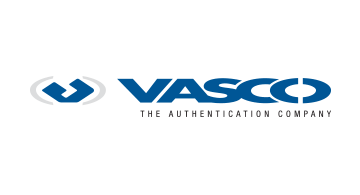2 mins read
Why The Time Is Right For An Authentication Revolution To Sweep Through The NHS – Tim Shaw, Channel Sales Manager At VASCO Data Security

Amid the many challenges faced by the NHS – ranging
Tags:
- vasco data security headquarters
- vasco data security inc
- vasco data security internatio
- VASCO Data Security International
- vasco data security international gmbh
- vasco data security international inc
- vasco data security news
- vasco data security wiki
- vasco data security wiki vasco data security news vasco data security stock nasdaq:vdsi
- vasco technology






